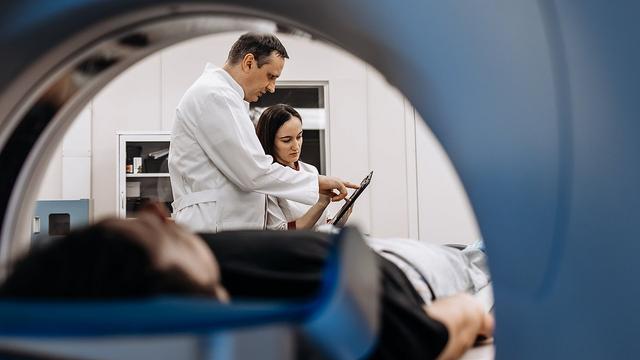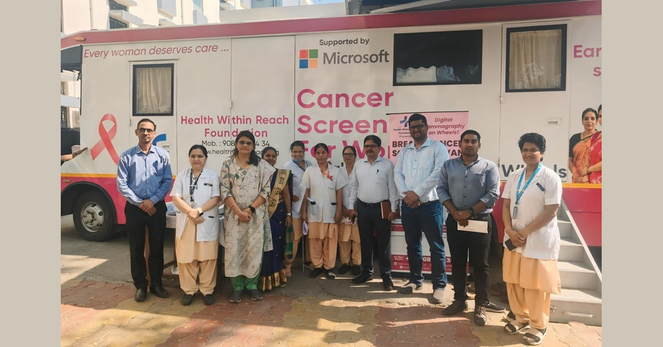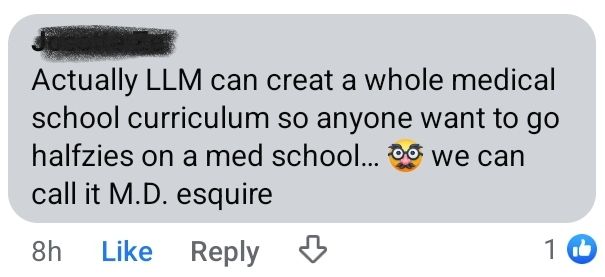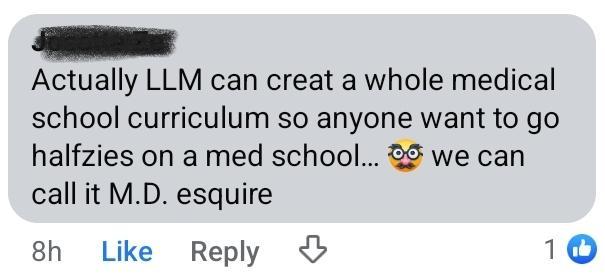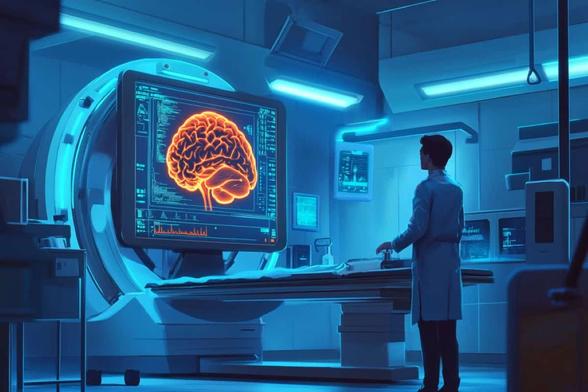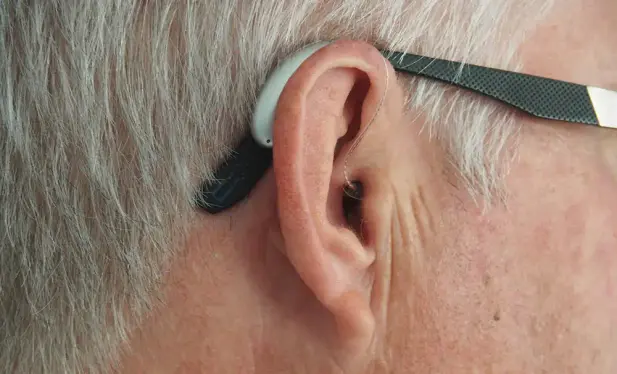I just say no to a doctor who wants to use AI to record a consultation with me. I don't visit doctors often but when I have been asked for permission I have said no.
The reasons I have for not giving permission are:
1. No written privacy policy and statement about how my data will be used, stored and protected.
2. No demonstration of how the AI has been rigorously developed and tested by professionals who are properly qualified to eliminate bias.
3. No written promise that I can review the notes about the consult so that I know what is in my medical record and fix any inaccuracies about what I said, did etc.
There is a lot of bias against older women among health professionals, whether explicit or subconscious. The risk of bias negatively impacting me is very high.
In the period from July to December 2024 the health industry in Australia reported the most number of data breaches of any industry according to the Office of the Australian Information commissioner.
#AIinMedicine #DataProtection #DataPrivacy #Australia #Medicine
https://www.abc.net.au/news/2025-08-06/what-to-know-about-doctors-using-ai-digital-scribes/105590878
https://www.oaic.gov.au/privacy/notifiable-data-breaches/notifiable-data-breaches-publications/notifiable-data-breaches-report-july-to-december-2024
